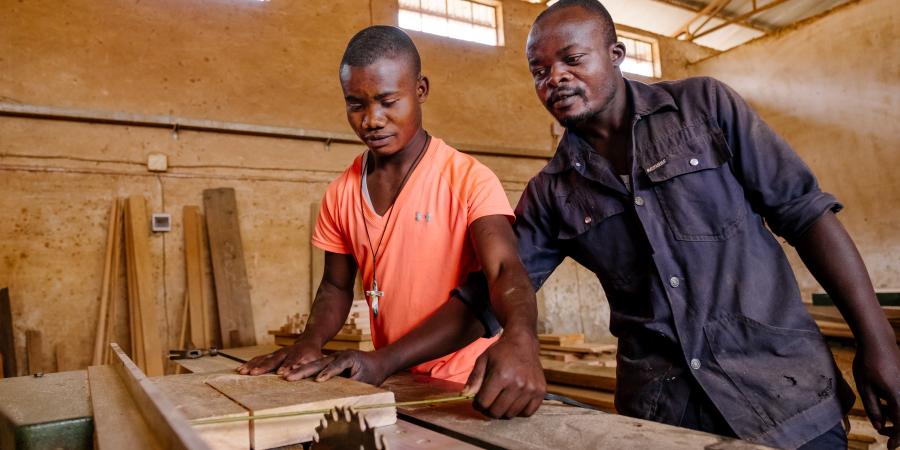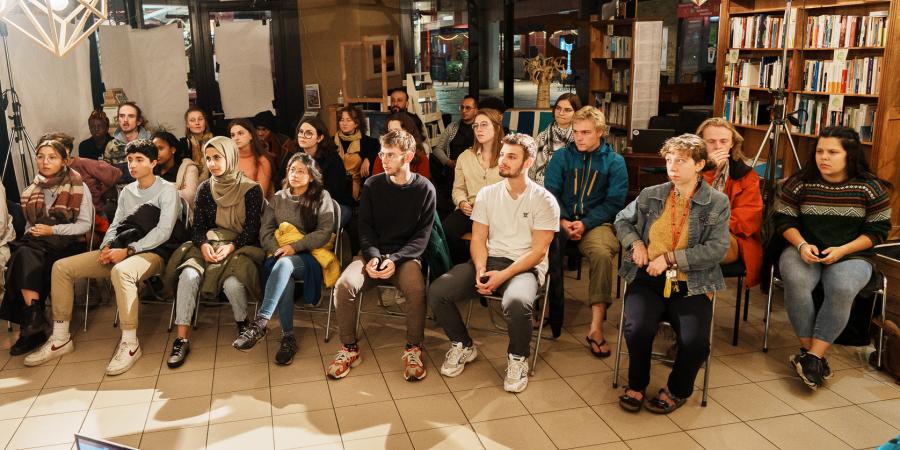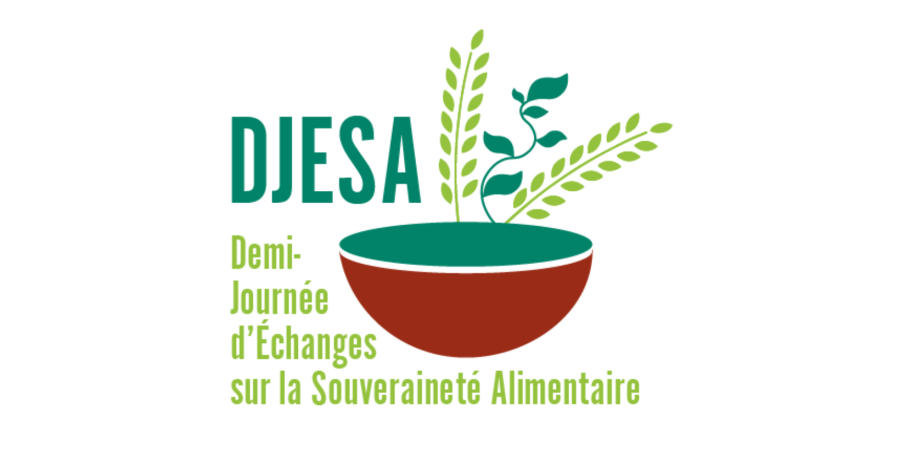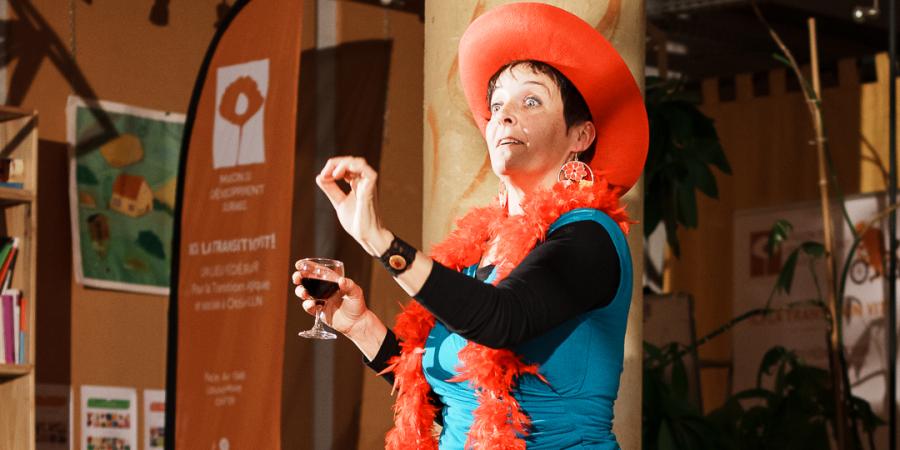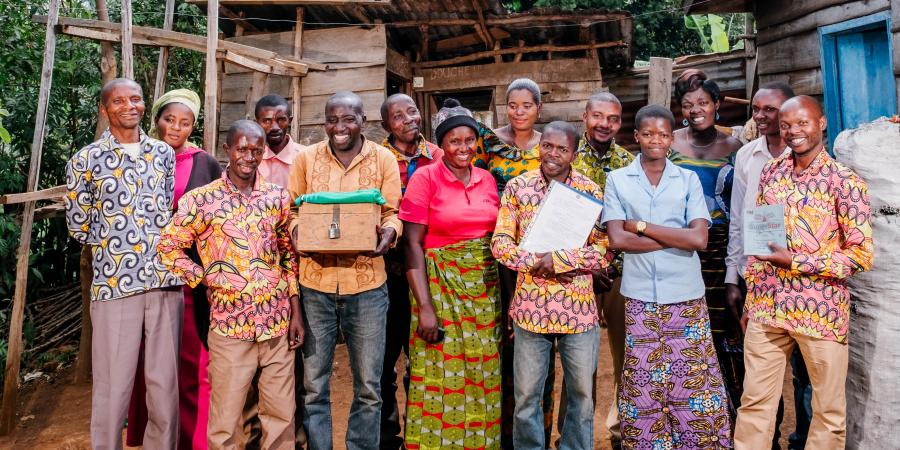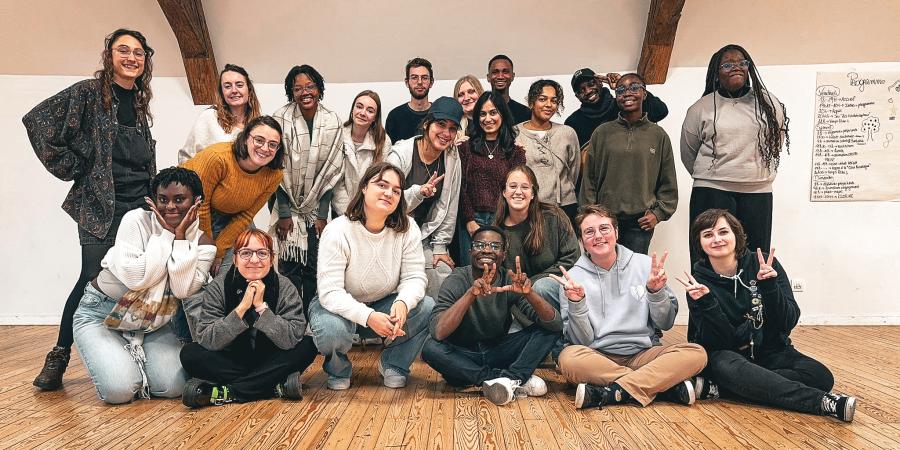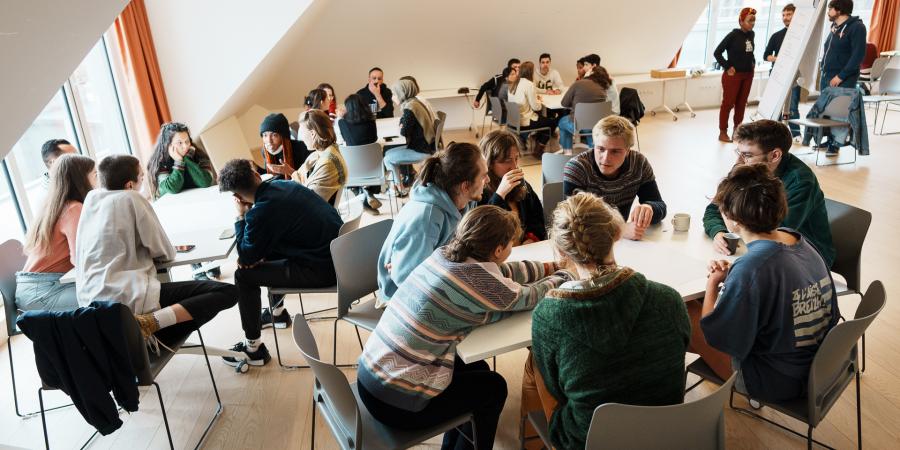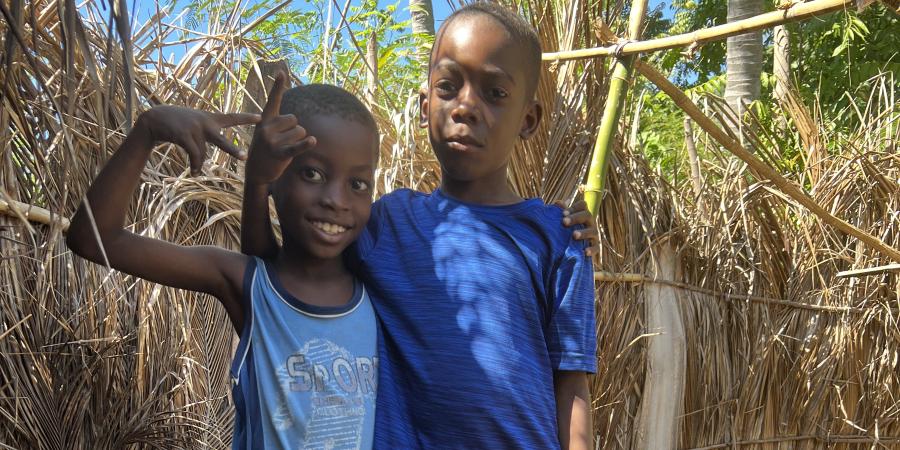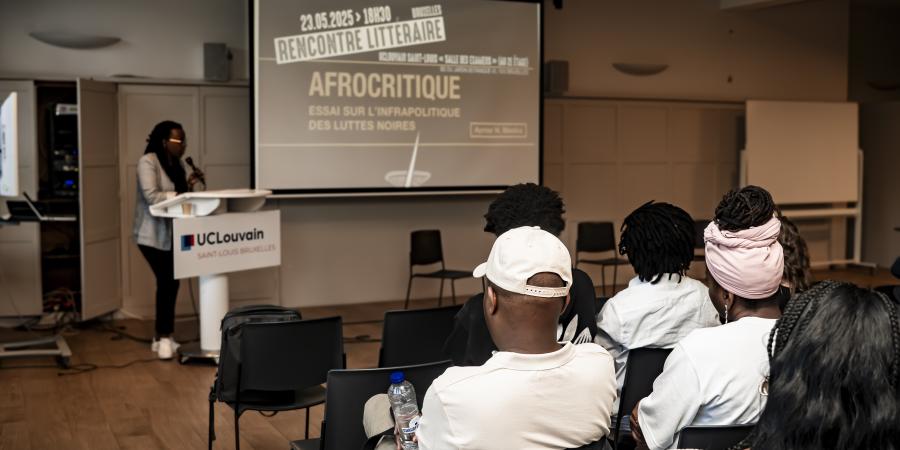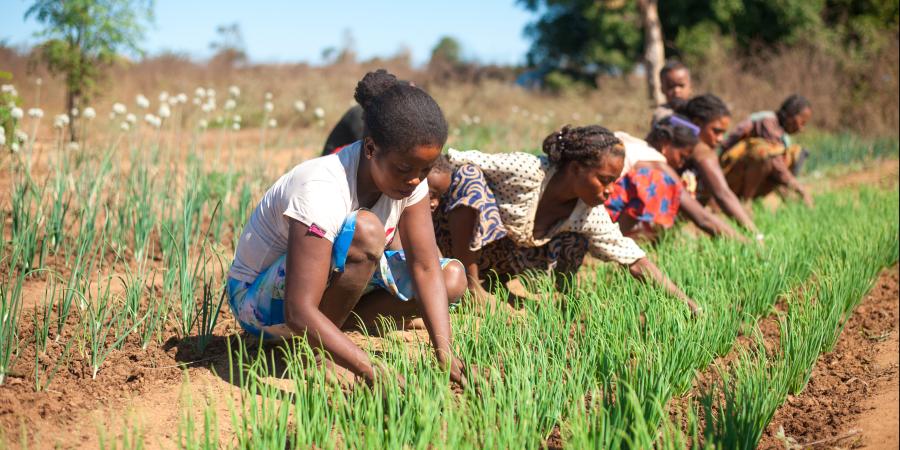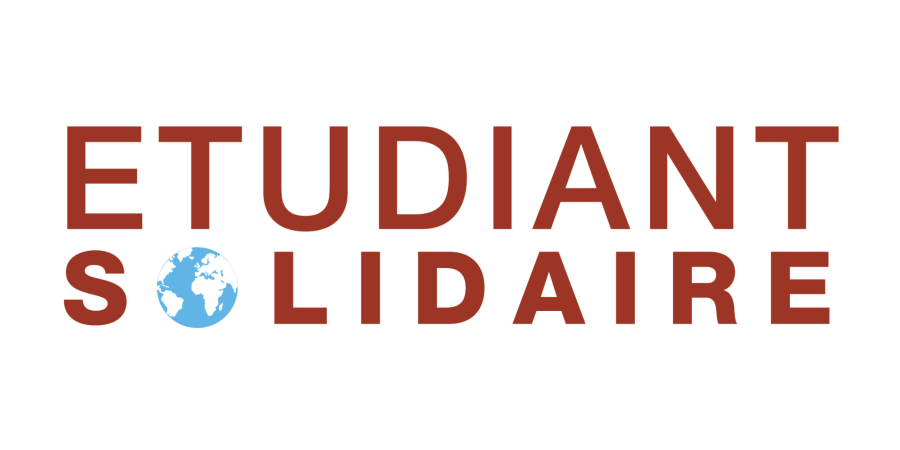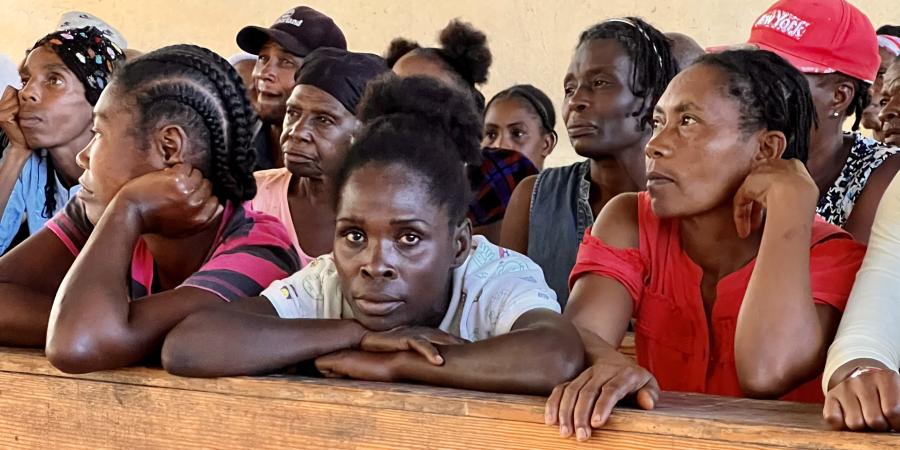
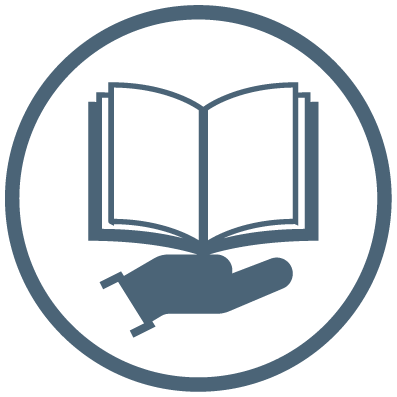
Education Systems
Transforming Education Systems
Louvain Coopération works to build inclusive and equitable education systems and turn them into levers for empowerment, social justice and recognition of the diversity of knowledge, particularly that from the Global South and diasporas.
These systems bring together the institutions, policies, actors and practices that organise learning within a society. They include formal education (primary, secondary and higher education) as well as informal and alternative structures such as popular universities, community education and independent learning.
Education is seen as a tool for raising awareness, promoting solidarity and reparation, and facilitating the transition to more just and sustainable societies.
Formal, informal and lifelong education...
The development of inclusive and equitable education systems requires taking into account a whole range of factors, activities and actors. Our work focuses on several of these factors:
- Formal education
- Informal education
- Non-formal education
- Popular/lifelong education
- Critical/alternative education
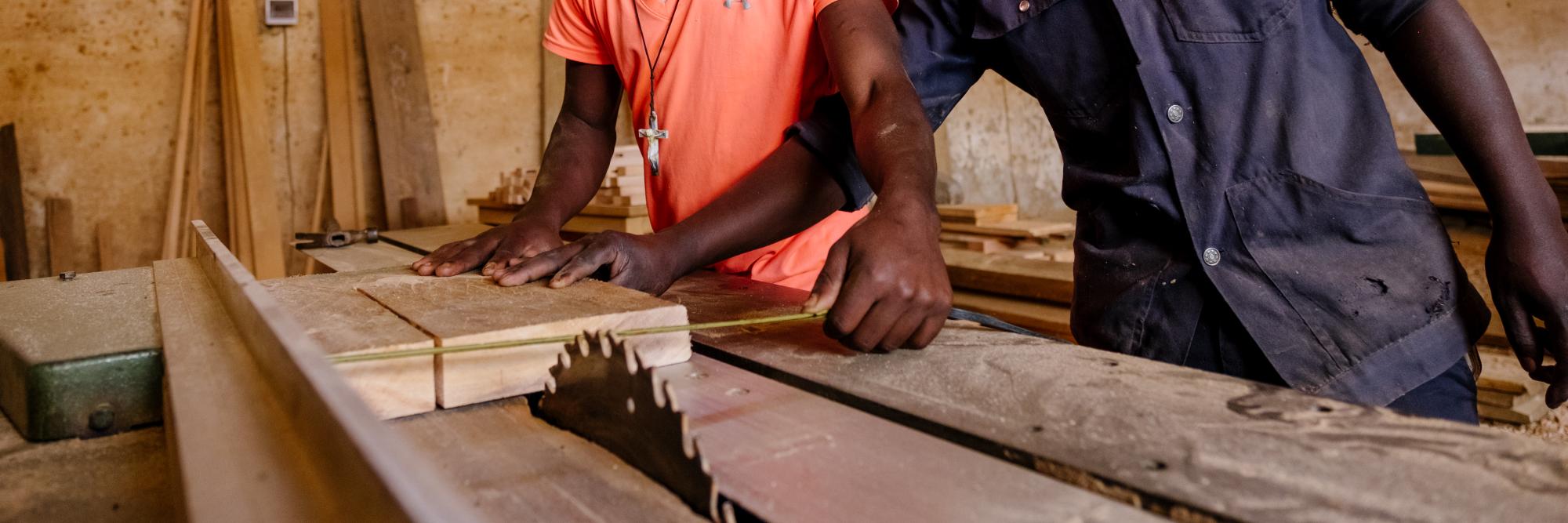
RDC
Support and reintegration of children and young people living on the streets
Four different projects are currently aimed at supporting and reintegrating street children and young people in Kinshasa. These are the “Street Children Project”, funded by Belgian Cooperation, “Tremplin”, funded by Enabel, the Belgian development agency, “Elenge na Mosala”, funded by the Brussels-Capital Region, and finally the “Learning Pathway”, funded by the King Baudouin Foundation.
- Project duration: 2022 - 2026
Our objective:
To promote the empowerment, socio-professional reintegration and dignity of young people living on the streets of Kinshasa by offering them a learning, training and support programme tailored to their needs.
Our actions:
- Reception and support for young people living on the streets, more than half of whom are girls;
- Vocational training in informal trades (cooking, beauty, cutting and sewing, electricity, mechanics, etc.)
- Practical internships with master craftsmen in the informal sector;
- Additional training in digital marketing, soft skills (behavioural and social skills) and entrepreneurship;
- Distribution of integration kits containing useful tools to help young people who have demonstrated strong motivation and empowerment skills to start their own businesses;
- Development of an inclusive approach promoting girls' access to traditionally male-dominated trades;
- Integration of a research component with UNIKIN (University of Kinshasa) to analyse integration pathways;
- Capacity building for teams at partner centres (psychosocial support, career guidance, integration).
Our Impact:
These projects offer a concrete alternative to exclusion for particularly vulnerable young people. They provide them with useful skills, recognise their potential and reconnect them with their economic and social environment. In this way, they help to build dignified and sustainable life paths.

ECMS hors cursus
Campus in Action is a dynamic, participatory training weekend organised every year in November for students at French-speaking Belgian universities. The aim of this unique event is to bring together students together to discuss social, environmental and political issues, by raising their awareness of crucial themes that change every year.
The weekend is designed to be both a theoretical training course and a space for creative collaboration. In addition to lectures, interactive workshops and debates led by experts and activists from a variety of backgrounds, students work together to create an awareness-raising tool that they can deploy on their respective campuses.
Campus in Action not only enriches students' knowledge of key issues, but also equips them to become agents of change on their campuses, while strengthening solidarity networks between universities.
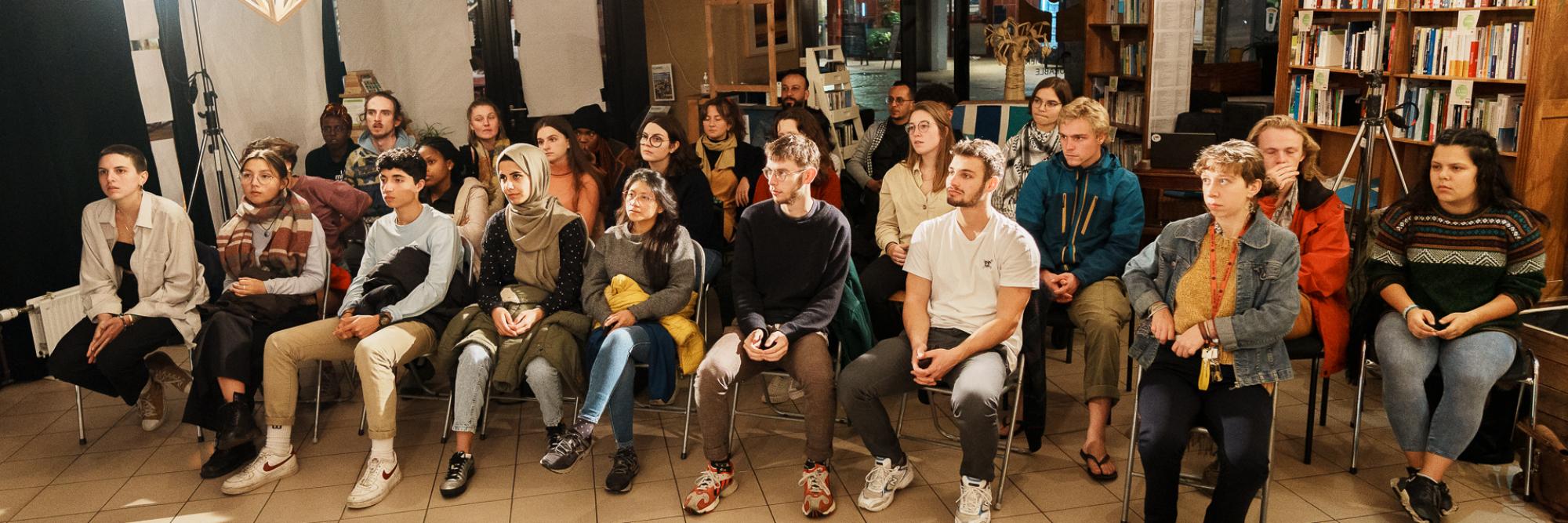
Education à la Citoyenneté Mondiale et Solidaire
The Teaching module is a training programme specially designed for students preparing for become teachers in the secondary education. Developed in collaboration with Uni4Coop and the association Annoncer la couleur, the course aims to encourage in-depth reflection on the role and posture of the teacher in the school setting. By focusing on the relations of domination present in educational dynamics, this module invites future teachers to become aware of the inequalities and biases that can influence classroom interactions.
The module addresses central issues such as institutional power, social inequalities, gender stereotypes and discrimination linked to social or ethnic origin. The aim is to encourage students to question their teaching practices and consider how these may contribute, consciously or unconsciously, to the reproduction of relations of domination.
Using tools for critical analysis and discussions with professionals and players in the field, this course helps to develop more inclusive and equitable teaching methods. In this sense, it prepares teachers to practise their profession with an enlightened view of societal issues and to play an active role in promoting fairer, more egalitarian education.
Are you a Professor in any subject area and would like to offer this activity to your students? Contact us!
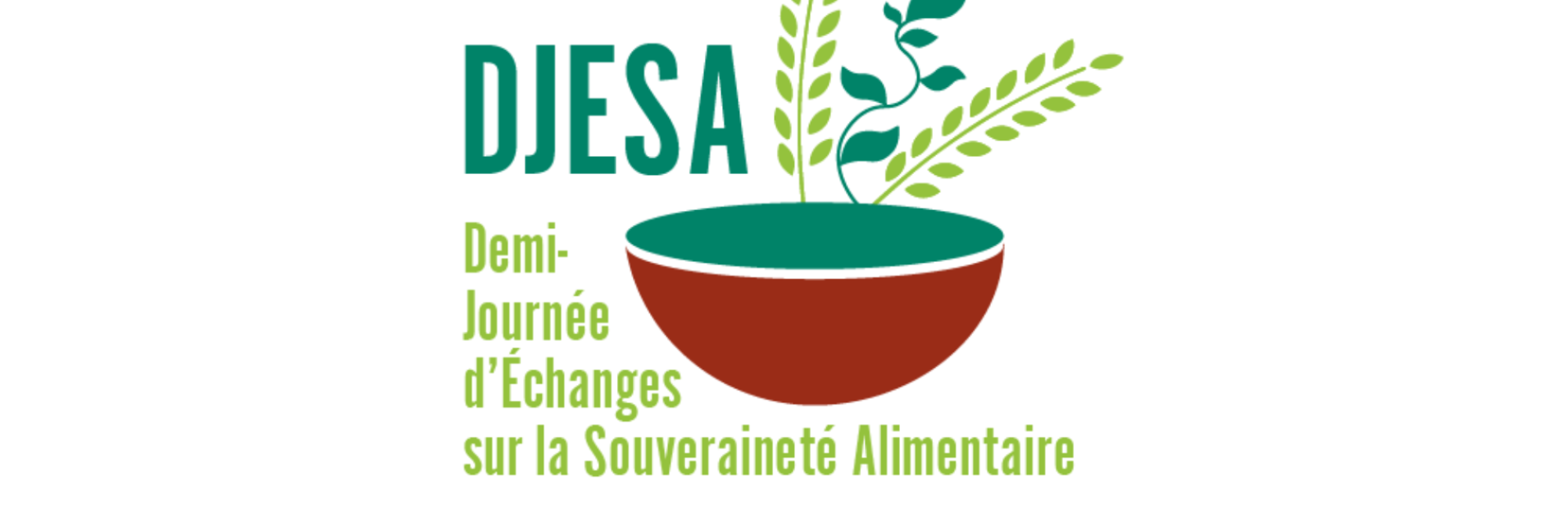
Education à la Citoyenneté Mondiale et Solidaire
DJESA is a series of half-day discussions on food sovereignty, organised by the Uni4Coop consortium (Eclosio, FUCID, Louvain Coopération, ULB-Coopération), Humundi and Vétérinaires Sans Frontières, on various French-speaking campuses in Belgium.
By combining cultural events (plays, films, dance, etc.) and in-depth workshops in sub-groups led by experts in the field or from the voluntary sector, DJESA helps students from all backgrounds to gain a better understanding of today's food systems so that they can envisage other models for tomorrow! This gives them the opportunity to step outside the academic framework, debate, adopt new perspectives and imagine alternatives to meet the challenges of access to land, globalisation and agricultural policies, in order to support the development of healthy, humane and sustainable agriculture.
Are you a Professor in any subject area and would like to offer this activity to your students? Contact us!
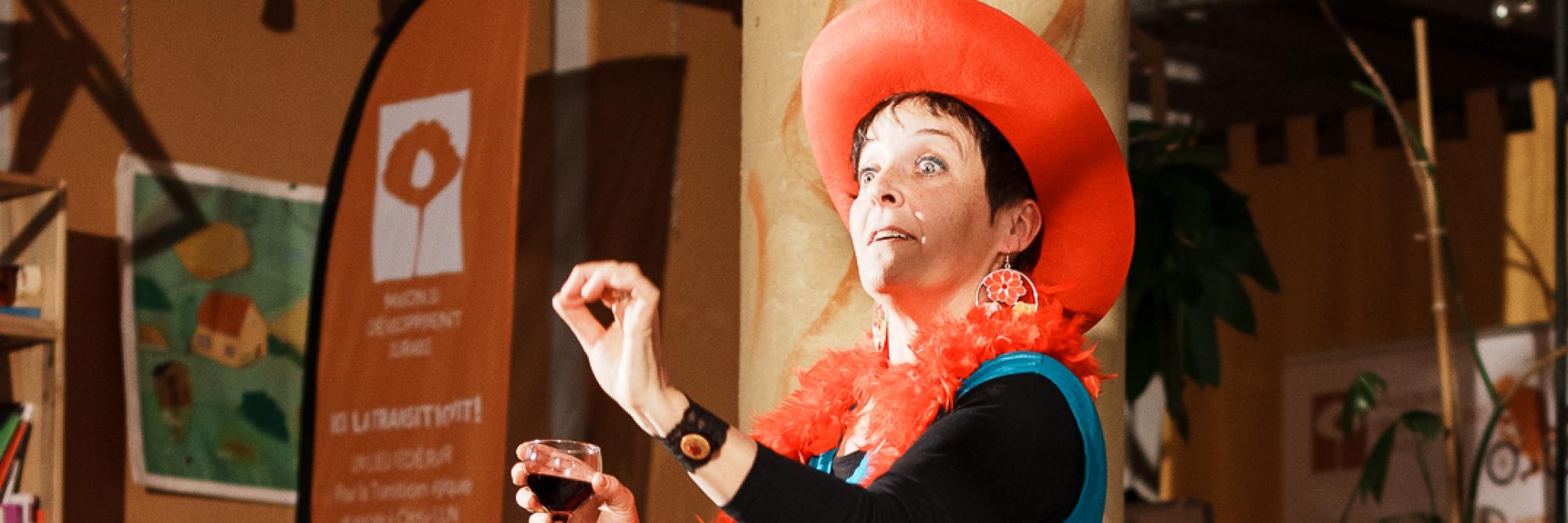
Education à la Citoyenneté Mondiale et Solidaire
The ‘Ethical and emotional challenges of field research’ seminar gives doctoral students the opportunity to reflect on the emotional aspects of their research through theatrical activities.
Are you a researcher facing ethical or emotional dilemmas in your fieldwork? This seminar invites you to think about these issues. It draws on readings and personal accounts to explore how to navigate ethical and emotional challenges in relations with the populations studied and field partners.
The course covers fieldwork in both the North and South, is tailored to each profile and is aimed at researchers using qualitative or mixed methods, with or without field experience.
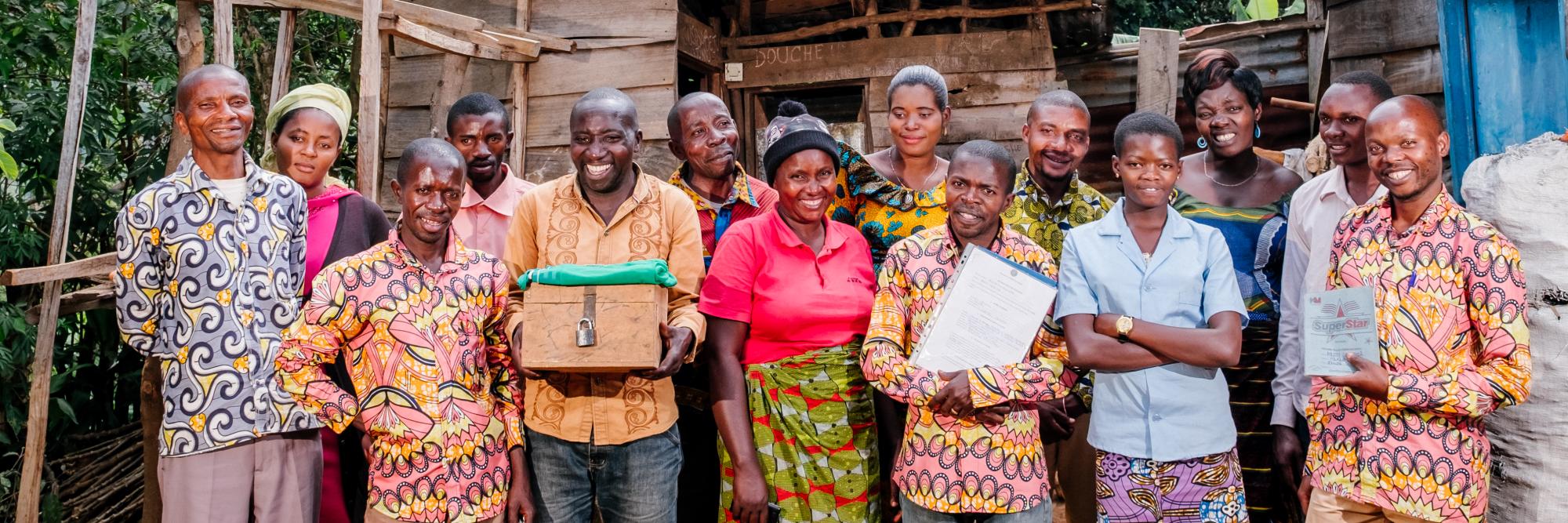
RDC
Facilitating local initiatives in the DRC
- Project duration: 2023-2026
Our objective:
To strengthen the capacities of civil society organisations (CSOs) in the DRC to promote a more inclusive and participatory democratic space. The project supports initiatives in the areas of governance, human development and sustainable development.
Our actions
- Establishment of the Local Initiative Support Service (SAIL), a resource centre for CSOs in the 26 provinces of the DRC;
- Training and support for 120 microprojects across the country;
- Funding for local microprojects up to €60,000 for a maximum duration of 12 months each;
- Support for concrete initiatives on a variety of themes:
- Peacebuilding (Western Kasai)
- Literacy and integration of young people (Kinshasa)
- Care for street children (Kinshasa)
- Detection of complications related to sickle cell anaemia (Kinshasa)
- Cultural promotion: jazz and piano festivals (Kinshasa)
- Expansion of hospital maternity wards (Kisenso)
- Economic resilience of women in mining areas (Ituri)
- Agribusiness for young people (Central Kongo)
- Food security and access to water (Kwilu)
- Urban sanitation and environmental education (Kinshasa)
- Youth engagement on climate change (North Kivu)
- Participatory land governance (South Kivu)
Our Impact:
This project helps to revitalise Congolese civil society in all provinces by promoting local initiatives. It strengthens participatory governance, improves access to fundamental rights and gives a voice to grassroots actors, particularly young people and women.
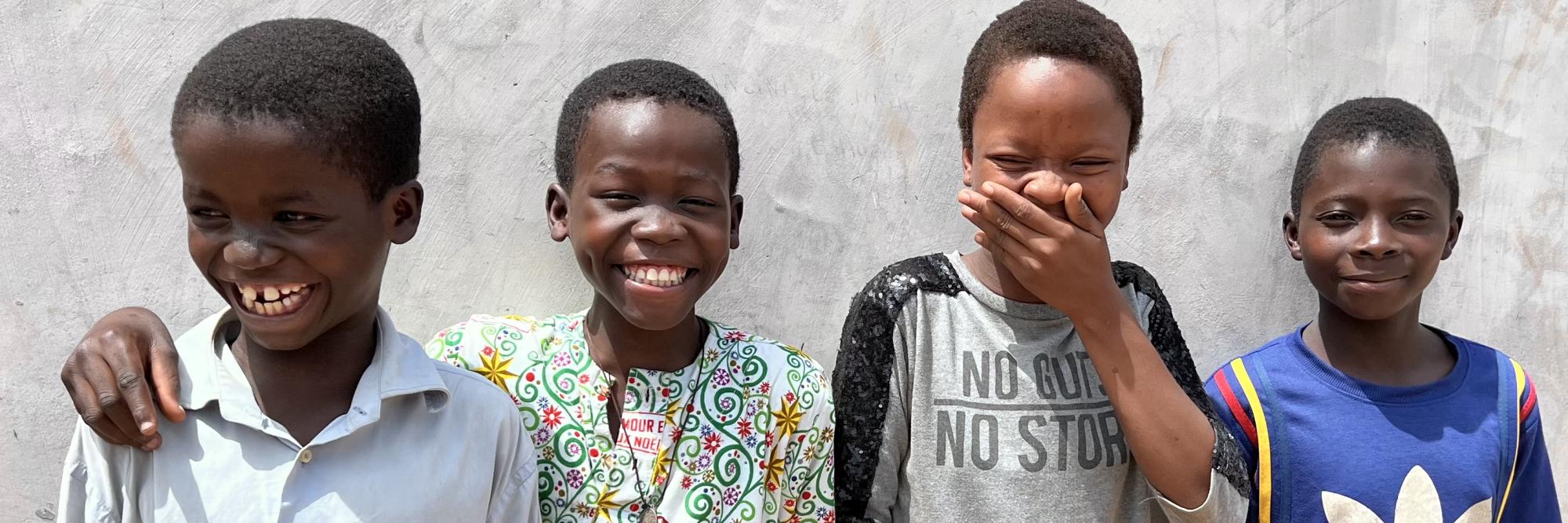
Benin
Inclusion of young people, particularly girls, through strengthening the participatory approach
Our objective
To strengthen the social, educational and community environment of children and young people – especially girls – in Comé, enabling them to become fully-fledged participants in a more just, inclusive society that respects human rights. The project aims to improve children's access to their rights, encourage girls' enrolment in school and promote gender equality. It also supports local actors (civil society and authorities) in order to create a sustainable collective dynamic, strengthening social cohesion and child protection.
Our actions
- Development of multi-stakeholder alliances to amplify the local impact of awareness-raising, training and advocacy actions to promote children's rights, gender equality, the socio-professional integration of young people and the economic empowerment of women.
- Consolidation of mentoring networks, women's associations and youth groups to disseminate best practices at the community level.
- Creation, within the transit home, of a professional unit (lawyer, social worker, psychologist) to support young migrants and children in difficult situations placed there by the court, and improvement of reception facilities.
- Organisation of awareness-raising activities on hygiene, health, the environment (e.g. cleanliness days, plastic waste management) and the inclusion of children with disabilities through synergies with specialised CSOs.
- Support for the Siloe centre for visually impaired children towards greater financial autonomy and better consideration of the specific needs of young girls.
Our impact
This project promotes better access for children – especially girls – to their rights. It creates a collective dynamic that fosters greater social cohesion by sustainably strengthening the capacity for action of local actors.
ECMS hors cursus
Louvain Coopération opens its doors to students wishing to immerse themselves in the international solidarity sector, offering them rewarding and formative internship opportunities. Whether it's their first professional experience or a chance to deepen their understanding of global issues, interns have the chance to see first-hand how an NGO active in a variety of fields works.
In addition to internships, Louvain Coopération offers specific support to students wishing to write a thesis on themes related to its activities, whether in the North or the Global South. This support gives students access to valuable resources and field data, while benefiting from the expertise of the NGO's professionals. Thesis topics can cover a wide range of issues, such as the impact of projects or the NGO's strategies.
So, whether through an internship or a thesis project, Louvain Coopération offers a stimulating learning environment that is deeply rooted in the reality of international dynamics. Students have the opportunity to gain valuable experience in the field of solidarity while making a practical contribution to the NGO's projects.
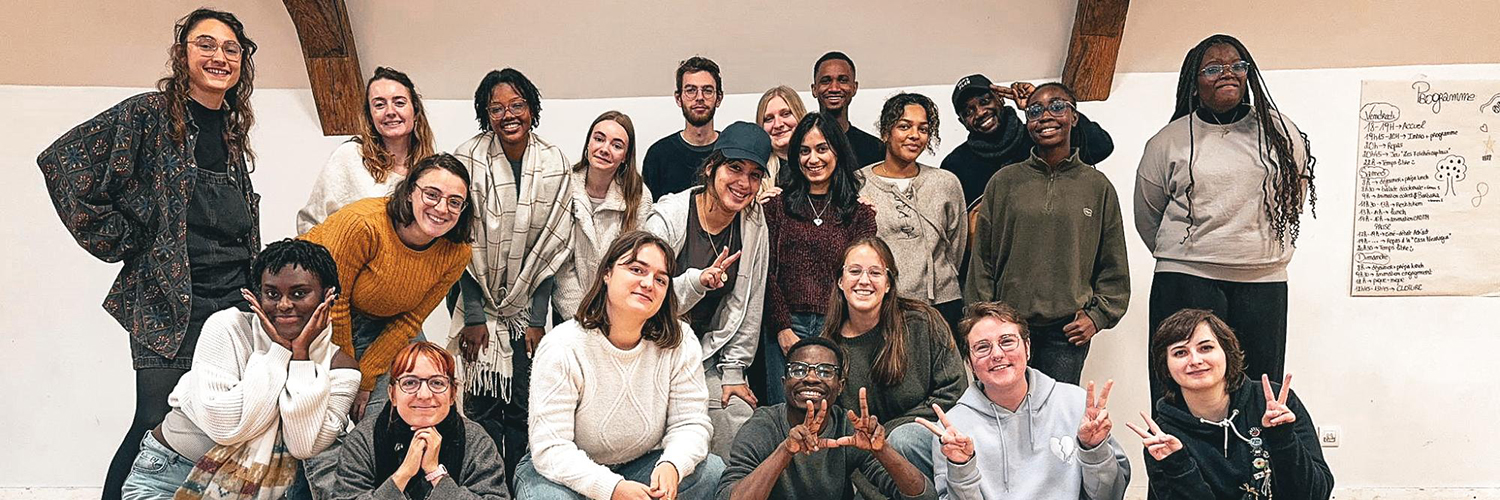
ECMS hors cursus
Our interactive courses are designed to respond to the concrete concerns and questions that young people have about major contemporary issues. Each course is designed around a specific question posed by the group of participants, making the course directly relevant and adapted to their realities. Based on this question, we organise a participative learning space where young people are actively involved in the process of reflection and exchange.
The themes addressed during these courses are varied. Whether exploring issues related to decolonisation, ecological transition processes, gender inequality or political advocacy tools, each course aims to provide keys to understanding while strengthening young people's capacity for action.
Our courses are not limited to theoretical learning. They are also spaces where young people can co-create concrete solutions, exchange innovative ideas and develop strategies to make their voices heard in public or political spheres.
Are you a student and interested in organising this activity? Contact us!
🎥 Example : Afro-Récits: Empowering oneself to combat racial discrimination – training course given to Afrika United KAP
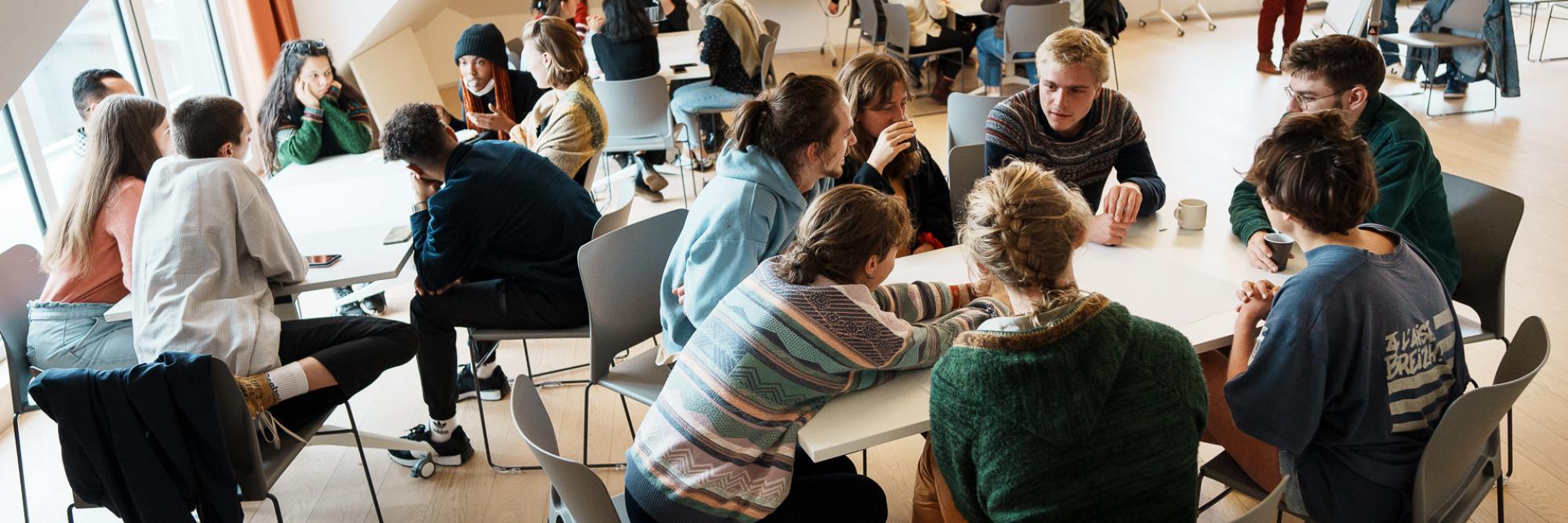
Education à la Citoyenneté Mondiale et Solidaire
The aim of the Inter'discourses is to promote encounters and a diversity of perspectives within the academic curriculum. This initiative consists of bringing together a teacher and an external speaker, whether from civil society or from another country, around a common theme.
By creating a dialogue between these different voices, the activity encourages the exchange of ideas and enriches students' thinking, while opening up new horizons on contemporary issues. The Inter'discourses provide an opportunity to cross-fertilise knowledge from a variety of backgrounds, bringing an international and interdisciplinary dimension to academic debate.
Are you a Professor in any subject area and would like to offer this activity to your students? Contact us!

ECMS hors cursus
Question yourself about the dynamics of intercultural encounters by taking part in a pre-departure training course before embarking on a trip abroad. This course will prepare you to navigate in diverse cultural contexts and understand the issues surrounding cultural differences, perceptions and interactions between people from different backgrounds. By asking yourself the right questions about your own assumptions, your role and your stance as a visitor to another country, you will be able to develop a critical awareness and intercultural sensitivity.
By engaging in this process of reflection before you leave, you maximise the chances of making your trip a profound learning experience, both personally and in terms of relationships. You'll return with a more nuanced understanding of the social, political and cultural realities of the country you visit, while developing valuable intercultural skills needed in an increasingly globalised world.
This training course is organised on request, so please do not hesitate to contact us if you would like to organise one with us!
Burundi
Support for the Promotion of Agricultural and Handicraft Products
- Project name: PROVAPA-TERIMBERE
- Project duration: 2022 - 2027
Our objective:
To promote agricultural and artisanal products in the provinces of Makamba and Rutana by supporting 70 agricultural organisations (1,400 households) in the maize, cassava and banana sectors.
Our actions:
- Actions across the entire agricultural value chain and support for the various actors in the chain.
- Technical training to strengthen skills in agricultural and non-agricultural professions.
- Entrepreneurial training aimed at developing business plans, management tools, access to credit and personalised support.
- Training for producers in sustainable agricultural techniques adapted to the local context.
- Support for local production of seeds and agricultural equipment.
- Improvement of production through the introduction of quality seeds, crop diversification, or the integration of livestock farming into family farms.
- Processing of agricultural products through the establishment of small processing units to create value and reduce waste.
- Functional literacy focused on rural economic activities, particularly targeting women and marginalised groups to strengthen their autonomy and community integration.
Our impact:
This project contributes to developing more resilient agriculture that respects natural resources, while ensuring greater food security and developing the social and economic potential of the local population in an inclusive manner.
Discover our actions for inclusive entrepreneurial systems
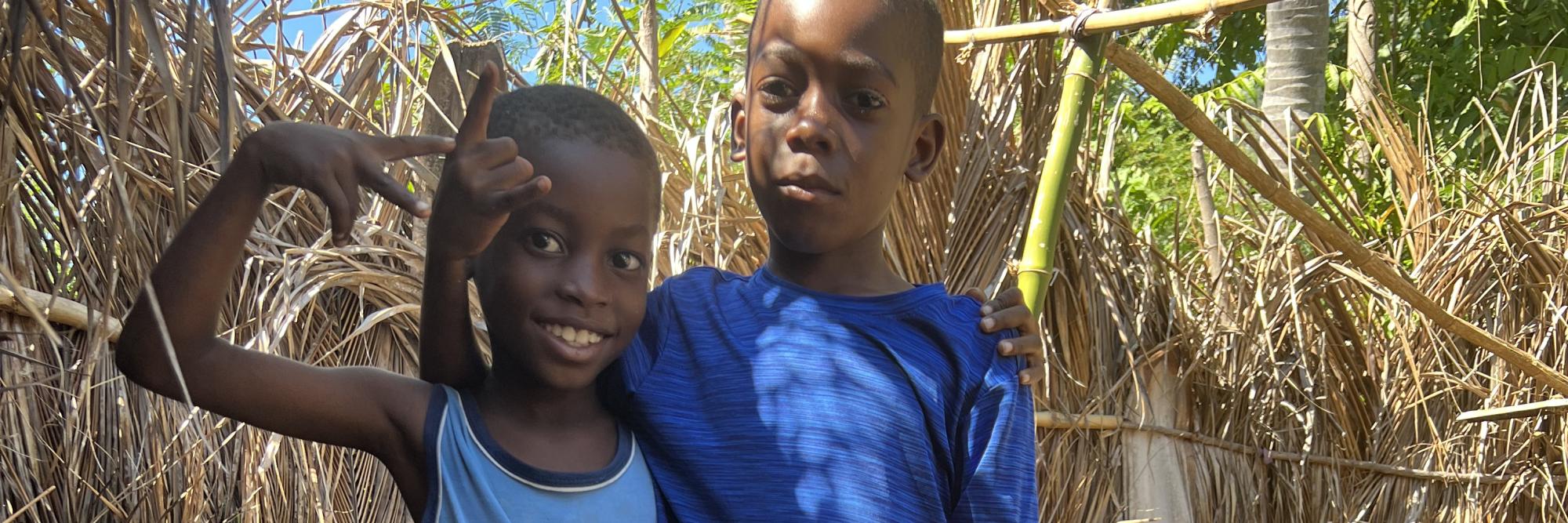
Haiti
Reception, training and support for vulnerable children in Port-au-Prince
Our objective
Provide 600 vulnerable children and young people in Port-au-Prince with quality education, vocational training and psychosocial support, empowering them to leave the streets, escape exploitation and build a dignified and independent future.
Our actions
- Accueil, alimentation, soins et accompagnement de 600 enfants et jeunes dans trois centres gérés par notre partenaire local, Timkatec.
- Remise à niveau et formation de base pour les plus jeunes afin d'obtenir le certificat d’enseignement primaire.
- Formations professionnelles qualifiantes pour les adolescents, dans 5 filières reconnues par l’Institut National de Formation Professionnelle (couture, cuisine, maçonnerie, plomberie et électricité)
- Hébergement d’urgence disponible pour 25 jeunes en situation de rue chaque nuit, avec accompagnement psycho-social.
- Mise en place de passerelles vers la formation et l’emploi pour les jeunes souhaitant sortir définitivement de la rue.
- Ateliers artistiques et culturels : musique, danse, art floral et expression créative, pour renforcer l’estime de soi et favoriser l’épanouissement personnel.
Our impact
This project provides 600 children and young people in Port-au-Prince with a protective environment, quality education and vocational training, offering them real prospects for the future.
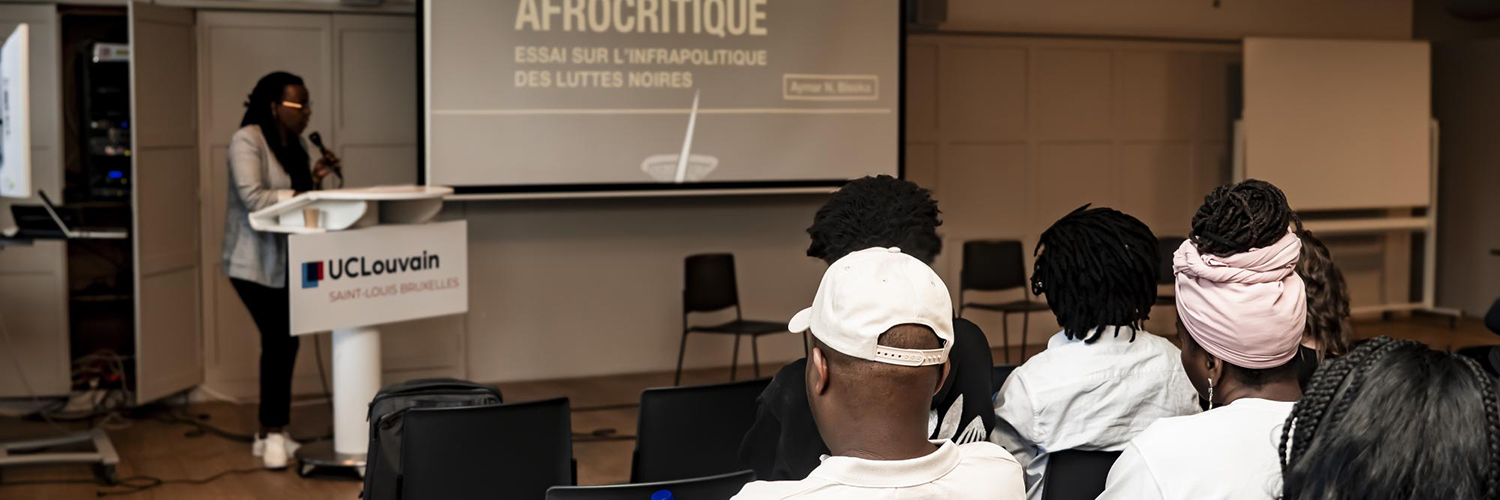
Education à la Citoyenneté Mondiale et Solidaire
Louvain Coopération organises seminars and conferences in collaboration with professors on themes related to global issues and discrimination, highlighting the interdependence between the countries of the global South and those of the global North. Louvain Coopération is committed to providing stimulating and enriching learning spaces, where students can explore a variety of subjects and deepen their understanding of contemporary issues.
These seminars are designed to be interactive and participatory, encouraging a dynamic dialogue between students and speakers who are experts in their respective fields.Louvain Coopération prides itself on creating an environment conducive to critical thinking and engagement. By taking part in these seminars, students develop not only their theoretical knowledge, but also their skills in analysis, debate and advocacy. As a result, they are better prepared to become agents of change.
Are you a teacher of any subject or a student who would like to organise this activity? Contact us!
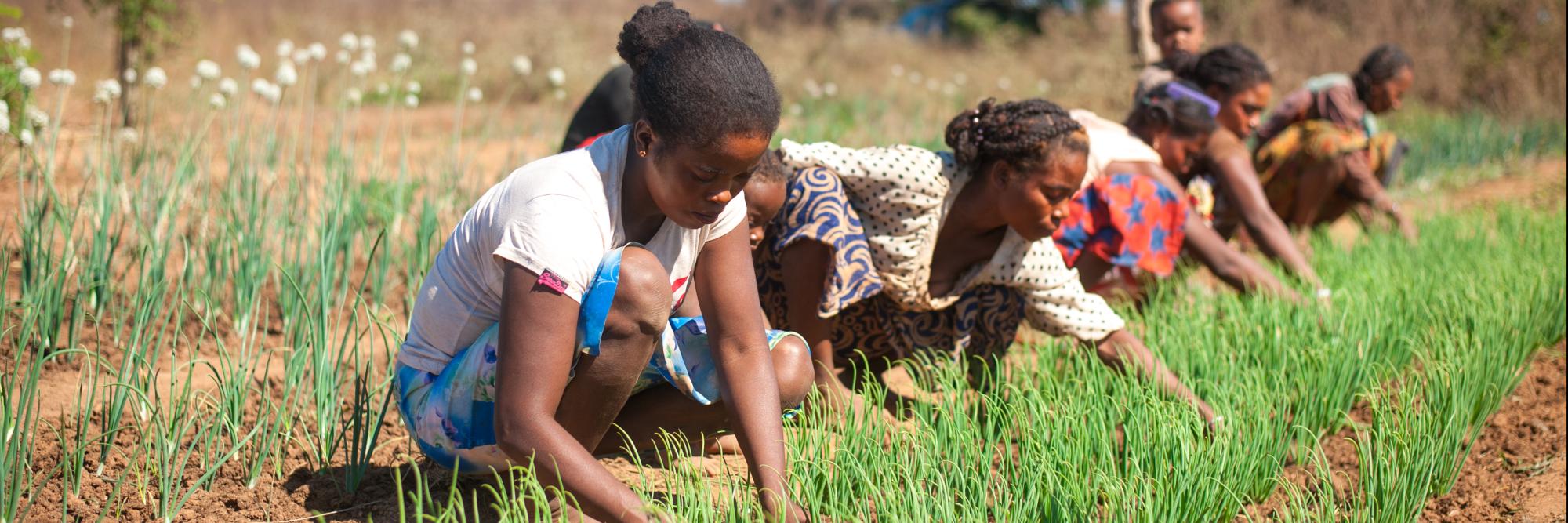
Madagascar
Socio-economic resilience of rural women in Menabe
- Project duration: 2022-2026
Our Objective
To strengthen the socio-economic resilience of 200 rural women who are members of Solidarity Savings Groups (GES) by developing their entrepreneurial and agricultural skills and their access to sustainable productive resources.
Our Actions:
- Strengthening governance and decision-making autonomy within 15 Solidarity Savings Groups
- Creation of a seed centre and an agricultural processing unit to improve access to modern agricultural resources
- Organisation of training courses in association governance, financial management and agroecological techniques
- Technical and logistical support for the production of quality seeds and the processing of agricultural products (peanuts, cassava)
- Networking of GES to promote exchanges, solidarity and the dissemination of good practices
Our Impact
This project improves the income and economic autonomy of rural women, strengthens local food security and contributes to the sustainability of agricultural structures through participatory and sustainable local management.
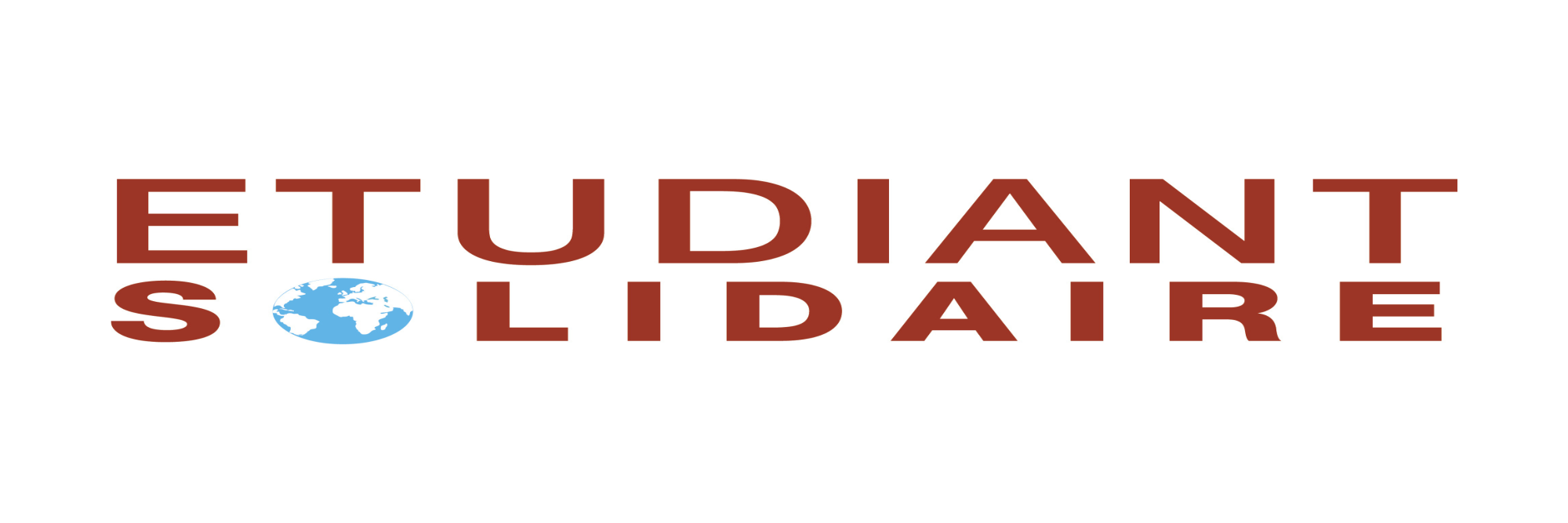
ECMS hors cursus
Solidarity Student is a programme of civic engagement and intercultural encounters designed for students at UCLouvain. Offered as soon as they enrol at the university, the programme aims to encourage students to become actively involved in solidarity initiatives, while strengthening their social awareness and sense of responsibility towards society.
One of the pillars of the programme is the Solidarity Fund, which provides financial support to Solidarity Students each year to help them implement concrete projects. This fund, which is accessible to all participants, is designed to give life to solidarity initiatives, whether in Belgium or in the countries of the Global South. Students can propose and develop a wide range of projects, from organising awareness-raising activities on their campus to international solidarity initiatives.
In addition to financial aid, Solidarity Students benefit from personalised support throughout their project, in the form of advice, training and support from members of Louvain Coopération.
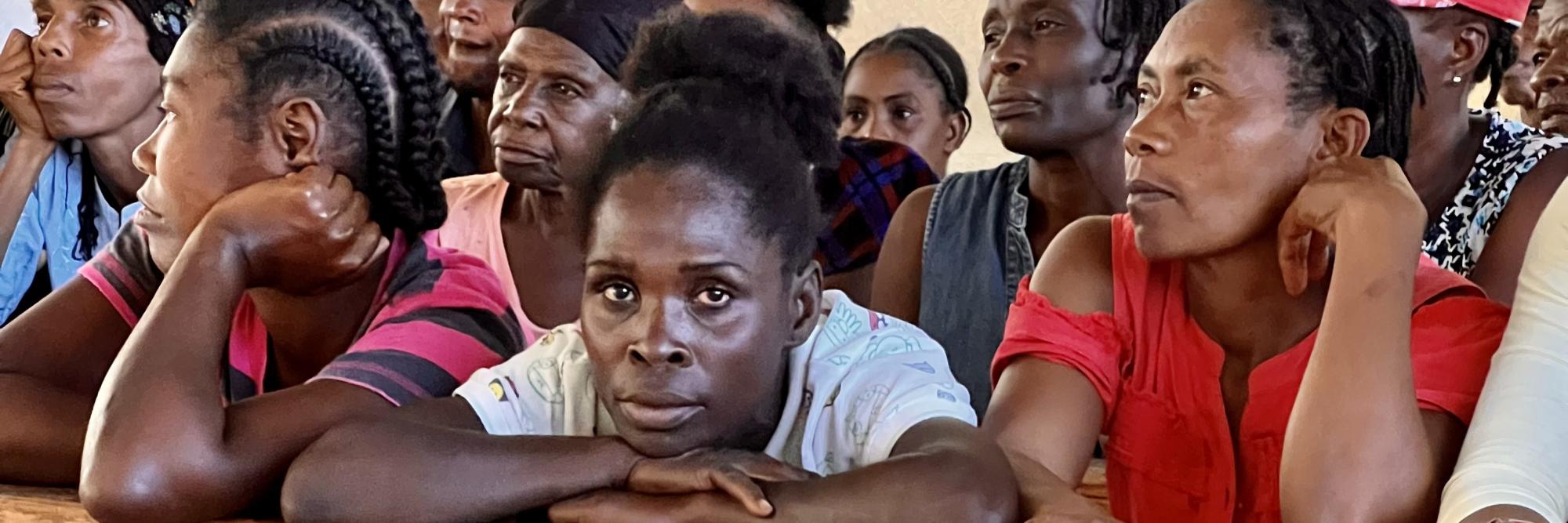
Haiti
Strengthening protection for children and women in Jacmel (south-east)
Our objective
Promote the emergence of supportive and committed communities in Jacmel, in south-eastern Haiti, in order to ensure the protection of children, equal rights and the empowerment of women, while involving young people and their families in the sustainable development and self-determination of their community.
Our actions
- Strengthening engaged communities: creating and supporting community round tables bringing together women's associations, farmers' organisations, traders, schools, religious and political leaders, etc.;
- Supporting active youth clubs in eight municipal districts of Jacmel to strengthen their civic participation and make their voices heard;
- Development and implementation of community action plans co-constructed by communities to promote access to fundamental rights (food, education, health);
- Prevention of risky situations: support for communities where street children and minors in conflict with the law come from.
- Social reintegration of vulnerable children and young people leaving detention, with psychosocial and educational support.
- Support for young single mothers through the integration of women's associations, awareness-raising on human rights and health, and training in project management.
- Awareness-raising and training on children's rights, gender equality, and environmental and climate issues.
- Strengthening local organisations to develop their skills and improve their ability to influence public policy.
- Networking between stakeholders to promote collaboration between associations, local institutions, state authorities, and international partners to maximise the impact of actions.
Our impact
This project strengthens the protection of children and women in Jacmel, develops community solidarity and promotes youth engagement, while supporting sustainable changes for better access to fundamental rights.
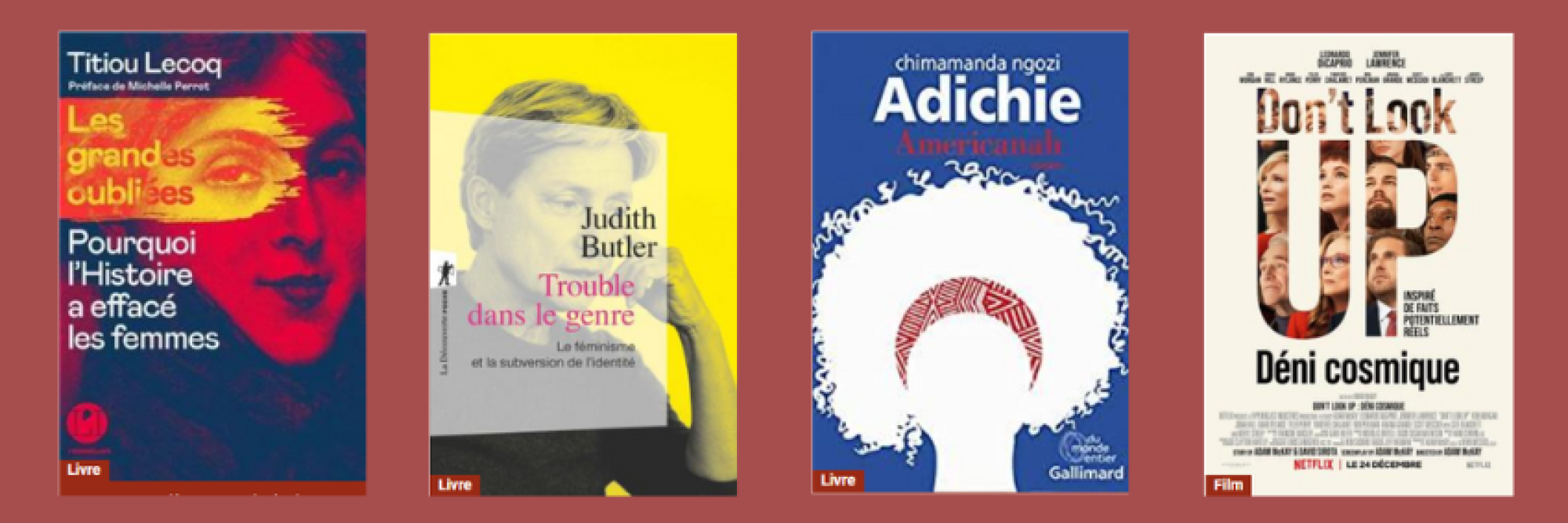
ECMS hors cursus
Ecology, Gender, Decolonization, Intersectionality… These fundamental issues shape our understanding of the world and challenge the ways we live together. Our virtual library aims to encourage you to deepen your reflection on these key themes, which lie at the heart of today’s social, political, and environmental debates.
Designed as a space for discovery and learning, this library offers a wide selection of books, articles, podcasts, and films… What makes it so rich? The diversity of voices expressed within it. Researchers, activists, artists, people from diverse backgrounds, share their thoughts and experiences here. So many intersecting perspectives that will help you better understand the challenges of our time and find your own path to engagement. Take the time to explore, make these resources your own, and draw from them what resonates with you. Because it is by better understanding the world that we can transform it.

